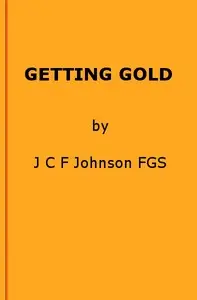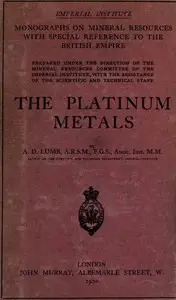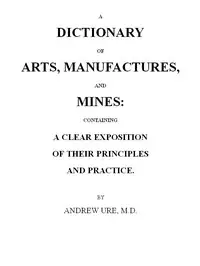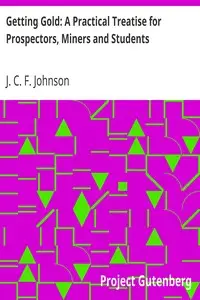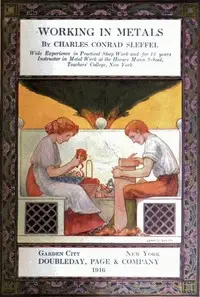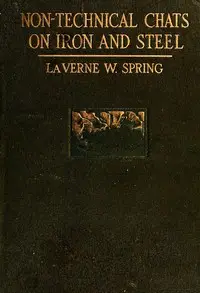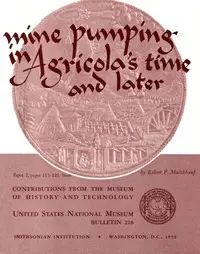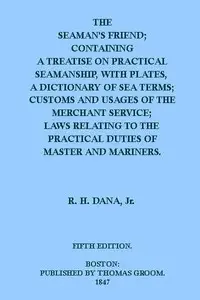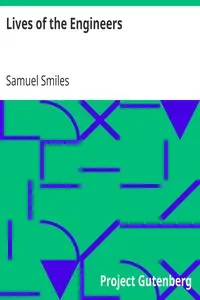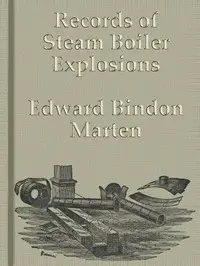"De Re Metallica" by Georg Agricola is a detailed peek into the world of mining and metalworking during the 1500s. It's like a super clear instruction manual that explains all sorts of things about digging stuff up and turning it into useful metals. The book kicks off by the author saying that mining isn't just some random job for dummies; it actually takes smart people who know a lot about rocks, how to build things, and how the Earth works. He says he's going to talk about all the good and bad stuff about mining, while also sharing how important metals have been throughout history. The author uses what he knows and what he's seen to explain why mining is important and then gets into all the nitty-gritty details about how to do it right.
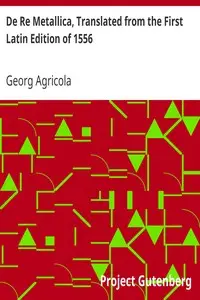
De Re Metallica, Translated from the First Latin Edition of 1556
By Georg Agricola
Unlock the secrets of 16th-century mining and metallurgy, where ancient knowledge meets innovative techniques.
Summary
About the AuthorGeorgius Agricola was a German Humanist scholar, mineralogist and metallurgist. Born in the small town of Glauchau, in the Electorate of Saxony of the Holy Roman Empire, he was broadly educated, but took a particular interest in the mining and refining of metals. He was the first to drop the Arabic definite article al-, exclusively writing chymia and chymista in describing activity that we today would characterize as chemical or alchemical, giving chemistry its modern name. For his groundbreaking work De Natura Fossilium published in 1546, he is generally referred to as the father of mineralogy and the founder of geology as a scientific discipline.
Georgius Agricola was a German Humanist scholar, mineralogist and metallurgist. Born in the small town of Glauchau, in the Electorate of Saxony of the Holy Roman Empire, he was broadly educated, but took a particular interest in the mining and refining of metals. He was the first to drop the Arabic definite article al-, exclusively writing chymia and chymista in describing activity that we today would characterize as chemical or alchemical, giving chemistry its modern name. For his groundbreaking work De Natura Fossilium published in 1546, he is generally referred to as the father of mineralogy and the founder of geology as a scientific discipline.

